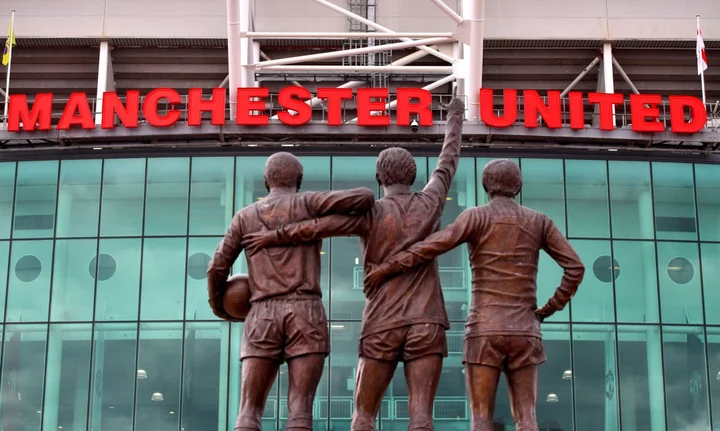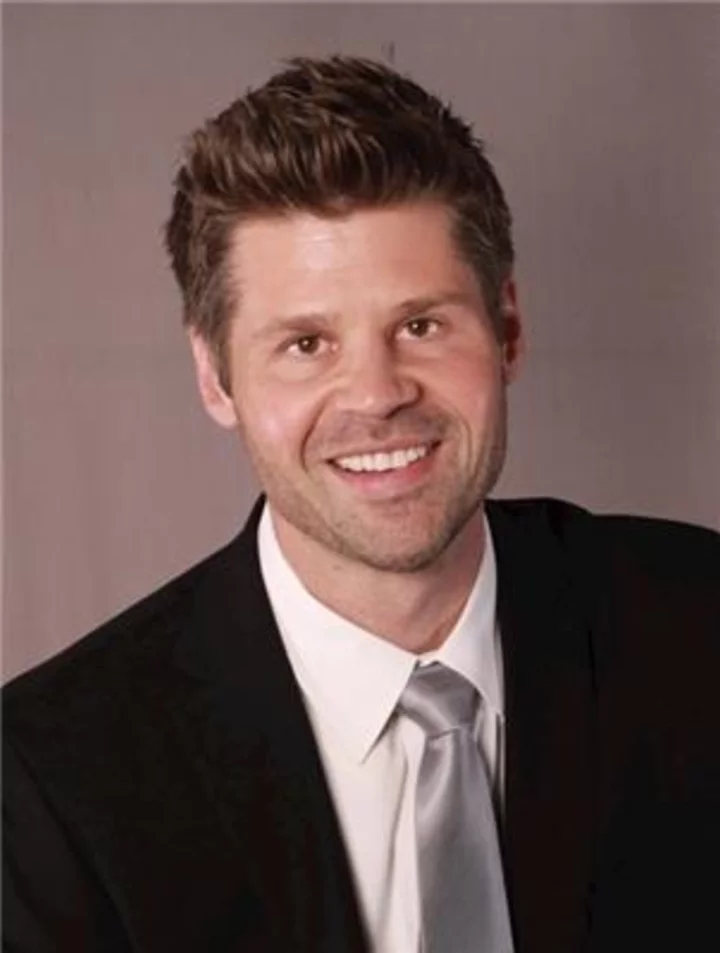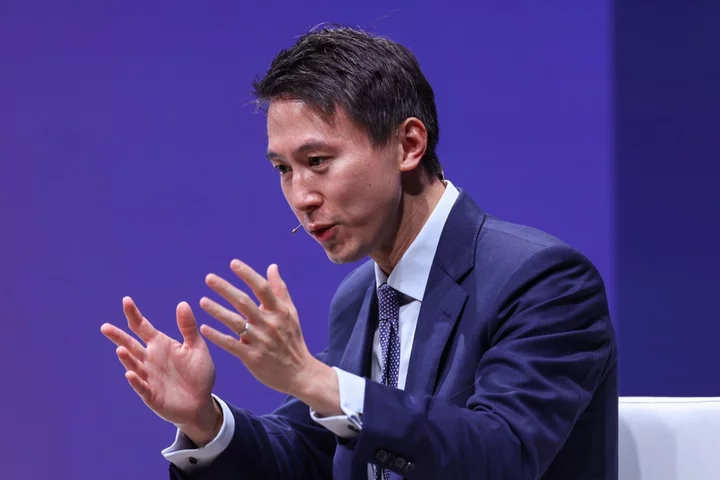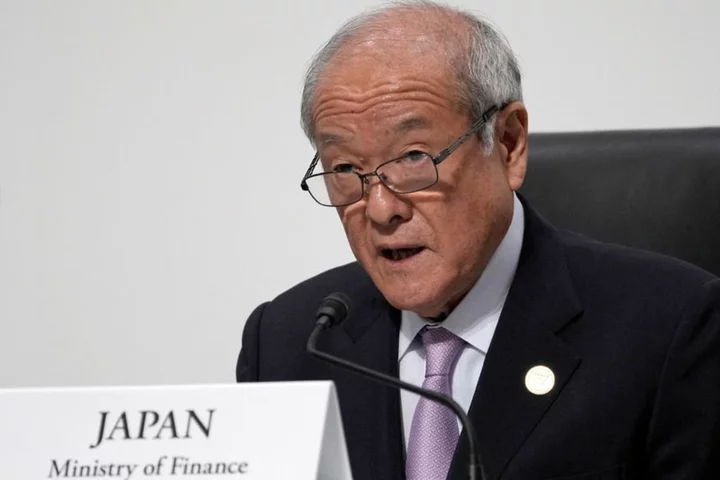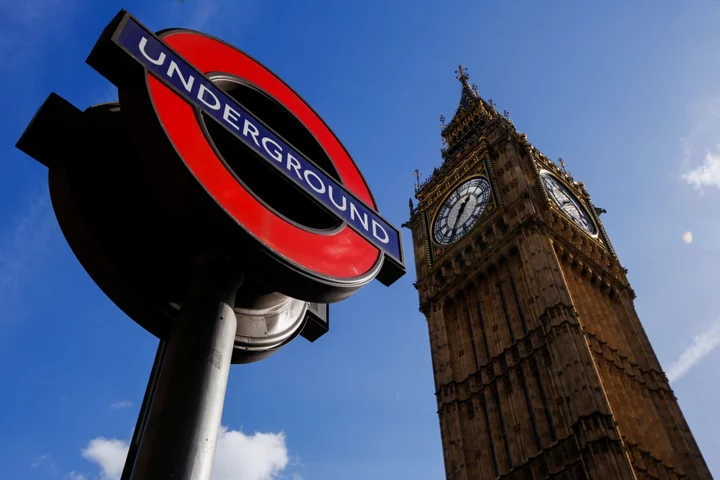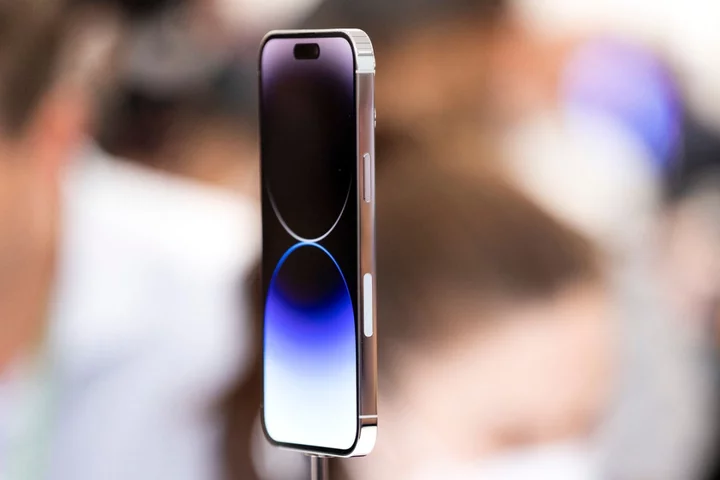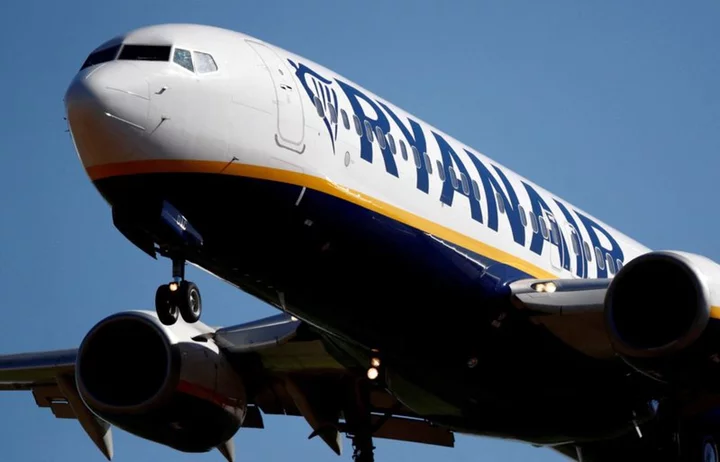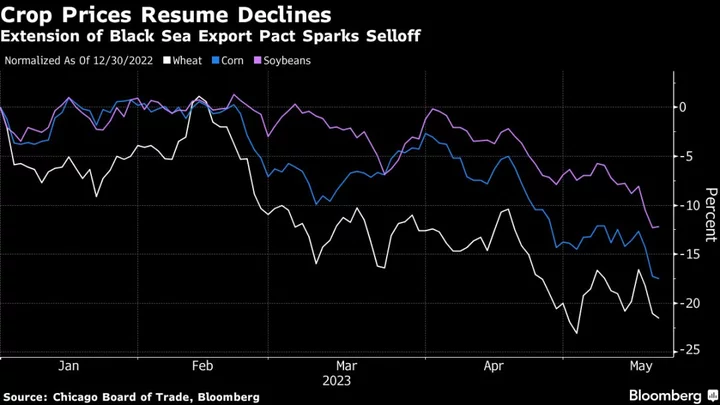Bobby Charlton, the respected Manchester United forward who helped England win the 1966 World Cup and whose name became synonymous with the notion of English fair play, has died. He was 86.
Charlton died peacefully Saturday surrounded by his family, Manchester United said on its website. His wife, Norma, revealed in 2020 that Charlton had been diagnosed with Alzheimer’s disease.
“Sir Bobby was a hero to millions, not just in Manchester, or the United Kingdom, but wherever football is played around the world,” Manchester United said in a statement. Prime Minister Rishi Sunak posted on X that Charlton “has a place in history as one of the game’s greatest players.”
His death leaves Geoff Hurst, who scored three goals in the 1966 final, as the sole survivor of the only England team to win a World Cup. Charlton’s elder brother, Jack, who was also on the field that day at Wembley Stadium, died in 2020.
Charlton spent almost all his club career in the red jersey of Manchester United, scoring 249 goals in 758 matches. His name was forever tied with the glamour of a club that rose from the ashes of a horrific airplane crash in 1958 — Charlton was among survivors — to win the European Cup in 1968 and develop into the one of the most popular teams worldwide.
Managed by Matt Busby, at its peak, the Manchester United squad ranged from the mercurial brilliance of playboy George Best and the aggression of midfielder Nobby Stiles to the professionalism and balletic grace of Charlton.
Relatively small at 5 feet, 8 inches (1.72 meters), Charlton was gifted with one of the fiercest shots in the game. His ability to fire raking passes and ghost past opponents — in an era when there was often as much mud as grass on the pitch — set him out as a class apart. Widely regarded as the greatest English player of his generation, he was never sent off and was cautioned only once — an offence that was later rescinded. He won the Ballon D’Or in 1966 as soccer’s top professional.
In England’s successful World Cup campaign of 1966, Charlton scored three times, including both goals in the semifinal against Portugal. His second in that game epitomized his pace and power: He ran at the defense from midfield and unleashed a right-foot shot seemingly with little backlift. As commentator Kenneth Wolstenholme noted at the time: “What a bea-uuty!”
Charlton represented his country 106 times and, until 2015, held the national record of 49 international goals. He won three league championships with United, and one FA Cup in addition to captaining the first English team to a European Cup title — he scored twice in the final, one a header, the other a whipped right-foot shot across the goalkeeper. The Unity Trinity statue outside the Old Trafford depicts three key players in that match — George Best, Denis Law and Charlton.
After his retirement in 1973 and with United a fading force, he moved into the directors’ box at Old Trafford and was a long-time ambassador for the club. In 2016, the stadium’s south stand was renamed in his honor.
Mother’s Role
Robert Charlton was born on Oct. 11, 1937, in the working-class northeastern town of Ashington. His father, Bob, was a miner. His mother, Cassie, had four brothers who played professional football in the 1950s, and their cousin, Jackie Milburn, was a center forward for Newcastle and England.
It was Cassie who got her children interested in the game, kicking a ball about with them and getting involved with the local school team. As Charlton explained in his 2009 autobiography, My Life in Football, there were two key factors that allowed him to realize his dream of making a living from football.
“First, I was born into a family immersed in the game,” he wrote. “Secondly, I was endowed with the natural ability to make my vision a reality.”
After making his mark as a schoolboy international, he turned pro for Manchester United in 1954 and made his debut on Oct. 6, 1956 against Charlton Athletic. He scored twice, despite being injured.
“Mr. Busby asked me if I was okay,” he recalled. “I actually had a sprained ankle, but I wasn’t going to admit to it and I crossed my fingers and said ‘yes.’”
Munich Crash
He had forced his way into the club’s regular starting lineup when tragedy struck on a wintry flight back from a European Cup match against Red Star Belgrade in February 1958.
After stopping for fuel, the plane crashed on its third attempt to take off from a slush-covered runway at Munich-Riem airport. The crash resulted in the death of 23 people, including eight United players — part of a young team known as the “Busby Babes.” Charlton escaped relatively unharmed — possibly, he mused later, because his seat was facing toward the back of the plane. It was an event that was to shape him for years to come.
Three weeks later, Charlton appeared in a makeshift United team for a sixth-round FA Cup tie against West Brom. United won, with Charlton scoring the winner. Getting on the field was, in the words of Busby, one of Charlton’s finest moments.
“It was storybook as far I was concerned and the club was concerned,” Charlton told the television show This Is Your Life, which documented his achievements in 1969.
Little more than two months after the crash, Charlton made his full England debut against Scotland, volleying one goal into the net.
He retired from international football after England was knocked out of the 1970 World Cup.
Fraternal Feud
He and his brother Jack had a long-running feud after their mother and Bobby’s wife fell out, but there was a significant rapprochement when the elder Charlton presented his kid brother with the BBC Sports Personality Lifetime Achievement Award in 2008. His voice catching, Jack’s homage was simple, “Bobby Charlton is the greatest player I’ve ever seen.”
In addition to maintaining his ties to United after his playing days, Charlton helped to promote Manchester’s bids for international sporting events and was heavily involved in philanthropic work, raising funds for cancer charities and land-mine clearance. He was knighted by Queen Elizabeth II in 1994.
He and his wife Norma had two daughters: Suzanne, who was a TV weather forecaster on the BBC in the 1990s, and Andrea.
(Updates with Sunak comment in third paragraph. An earlier version of this story corrected the year in fourth paragraph.)

